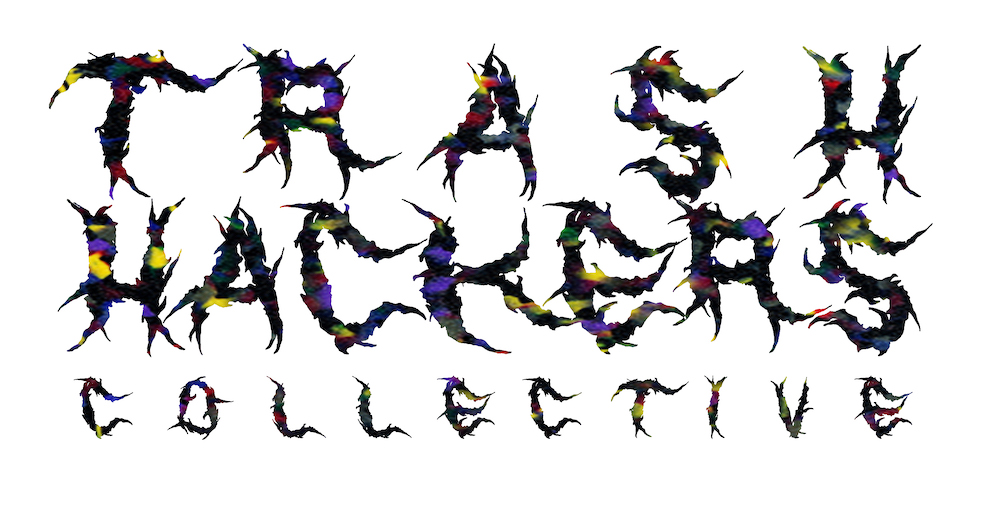Why Are We Doing This?
We are a collective concerned with the volume of plastic trash produced, curious about what can be done with these materials, and interested in solutions that lead to a healthier home for all of us (people, animals, and our planet).
Is It Safe?
Working with plastics can be safe IF you use proper ventilation or respiratory protection. Always use respiratory protection for organic vapors when melting plastics of any type.
Plastics are not all the same. There are many unknowns and risks to DIY plastic recycling.
We work with #5 (PP), #2 (HDPE), #4 (LDPE), and PLA (3D printer filament or compostable cups/flatware).
We do not accept/work with #1 (PET), #3 (PVC), #6 (PS), or #7 (Other) at this time.
Never melt PVC because it produces hydrochloric acid gas.
Plastics like PLA, HDPE, LDPE, and PP produce a variety of volatile organic compounds when heated, that can cause serious health effects like lightheadedness, memory loss and headaches if inhaled.
Each plastic product is unique with its own chemical resins and additives. To make any concrete statements about risk, the first step is to measure and understand what you’re dealing with.
US laws allow for proprietary chemical recipes to be undisclosed and to be sold without extensive safety tests with the burden of proof on regulators to establish danger. In many cases, more information is needed. Write to your lawmakers to advocate for change in the laws. See the laws of the European Union Charter of Fundamental Rights precautionary principle for an alternative statute.
Because of these unknowns, we are working on a ventilation system, carbon filter kit and VOC sensors for those in the DIY community. We believe safety is equally important.
Want to get involved?
We are always looking for volunteers to help out, so check out the volunteer opportunities page to see how you can help out with our efforts. We already have partnerships set up where we receive all the clean and dry plastic we need to make new wares. We do not accept unpaid donation drop-offs, as processing plastic involves time and labor. If you want to donate your plastic, we ask that you process it first. This means cleaning it completely…clean enough that you would eat off of it. Then separating it by type, and then coming in to use our equipment to shred it. Then it will be ready to use to create new wares. If you do not want to process it yourself, we can accept it in exchange for the cost of our labor to process it, as we are all volunteer run and need to use our limited time to focus on developing equipment and wares. For more info, please email us at hello@trashhackers.org
Want to start your own practice?
Check out all the things at PreciousPlastic.com! That’s what some of our equipment and initial experiments were originally derived from.
Steps to Protect Yourself and Others when experimenting with plastic
Precaution and responsible handling is important.
1. Protect your eyes and lungs from fumes with an effective organic vapor respirator. Wear gear properly and change the cartridges regularly. Store the respirator in a closed container or bag to extend its life when not in use.
2. Use proper dust collection and respiratory protection for particulates when sanding or cutting plastics.
3. Ventilate your work area and be respectful to others that share your workspace. Different bodies respond differently to chemicals (this is not universal).
4. Pay attention to plastic melt temperatures. Generally, the higher the temp, the more VOCs release.
5. Work with identifiable sources, learn as much as you can, and take precautions for the unknowns. Update your practices as you learn more and share this information with your community.
6. If unsure about how to ventilate or if you need training on wearing a respirator, consult a professional industrial hygienist. Proper professional guidance and training should be used when developing a safety protocol for working with plastics.
7. Alternates that do not involve heat include textile and weaving techniques with plastic bags+film or stripped PET bottles. These alternatives are fitting for anyone vulnerable/cautious, or not set-up to melt plastic safely.

